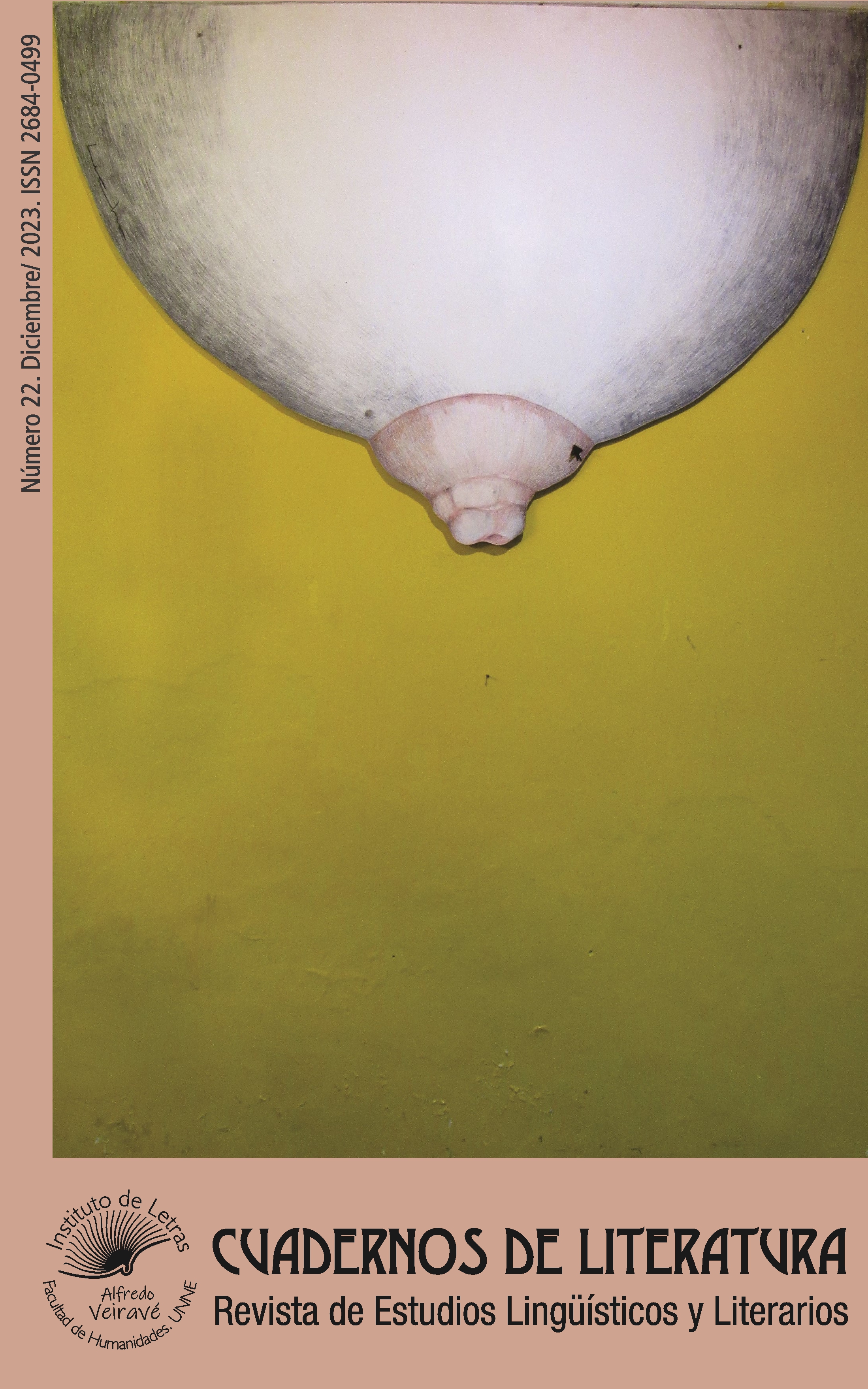Body Politics in the Mass Genres in Latin America between 19th and 20th Centuries
DOI:
https://doi.org/10.30972/clt.227304Keywords:
crime novel, science fiction, Gothic novel, biopolitics, governanceAbstract
This paper aims to reflect on the representation of the politics of and about bodies in the Latin American non-mimetic genres between the XIX and XX centuries. The working hypothesis aims to detect –in the scientific curiosities of the “emerging” science fiction (Haywood Ferreyra, 2011), in the horrors of the Gothic, and the governmental proposals of the police– the dynamics of normalization of bodies and their classification practices. This approach assumes a large corpus –Juana Manuela Gorriti, Eduardo Holmberg, Francisco Calcagno, Clemente Palma, Blas Millán, among others– from which only the fundamental elements of fictionalization of body politics will be addressed. To achieve this objective, the works are read from an interdisciplinary approach at the crossroads between the formal studies of these genres (in particular Ricardo Piglia for detective fiction, David Punter for Gothic fiction, and Darko Suvin for science fiction) and the fundamental contributions on biopolitics and governmentality, from Foucault to Roberto Esposito.









52.jpg)









